If you missed out, please see my reviews on Deep Space Nine, The Next Generation, and The Original Series.
Busy Geek Break Down (TL;DR): Updated to include this weeks episode … So far this new season of Strange New Worlds has everything my Queer Trekkie Heart could ask for, and you need to get on the transporter and join the Away Mission to check it out! Haven’t seen season One? Get on it!!!
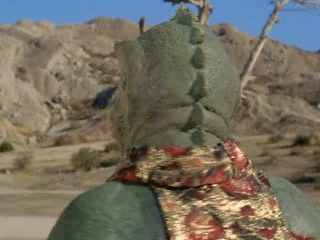
There’s awesome rogue missions while the Captain is away, there’s emotional outbursts by Vulcans, there’s devious Romulans, Time Travel, Court Room scenes, Kirk has a star-crossed mini romance, and we get some wonderful character development for our favorite Security Officer (sorry Tasha Yar).
*** Note, and out of context spoiler *** Leaving a loaded Glock on the bedside table of your adolescent historically reprehensible ancestor is not a great move … will this come back to haunt us, or is it like a Starbucks cup in Westeros, or Jeans on Mandalore ? Who knows!!!
Anyway, for total Star Trek Redshirts Provisional Ensigns Red Squad Cadets Back to Redshirts, Yay!!!:
One might not immediately correlate Star Trek’s courtroom episodes with LGBTQ issues. In the expansive universe of Star Trek, has provided poignant narratives that delve into complex societal, political, and ethical themes. In particular, these legal dramas have shed light on issues surrounding sexual orientation and gender identity, boldly going where few mainstream television series have ventured before.
Many grumpy old cishet white dues on the internet keep asking when Star Trek got ‘woke’… uh, 1963, dude!
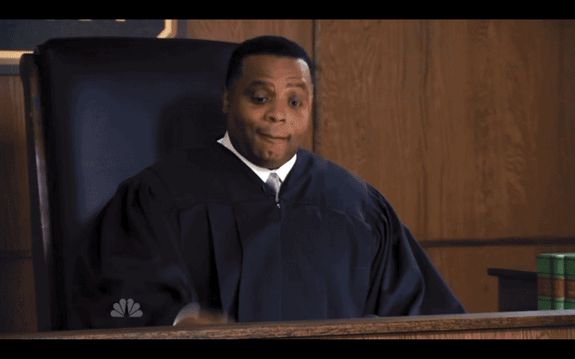
Yet, in retrospect, they’ve provided the franchise with an ideal narrative platform to tackle the complex discourse surrounding sexual orientation, gender identity, and society’s views. This subtlety, this social commentary woven into captivating narratives, is a part of Star Trek’s enduring appeal.
Perhaps the most memorable of these courtroom episodes is “The Measure Of A Man” from Star Trek: The Next Generation. Here, android officer Data is on trial to determine if he is Starfleet property or an autonomous being with rights and freedoms. Although not directly addressing LGBTQ issues, the episode subtly echoes the struggle for recognition and rights by marginalized communities, including LGBTQ individuals. In the face of misunderstanding and prejudice, Data’s quest for self-determination mirrors the journey many LGBTQ people face in asserting their own identities and rights.
“The Outcast,” another Next Generation episode, also comes to mind. In this episode, Commander Riker falls in love with Soren, a member of an androgynous species known as the J’naii, who secretly identifies as a woman. When her society discovers her preference for gender identity, she goes on trial. While the episode has received criticism (including from me) for its lack of explicitly queer characters, it raises relevant questions about societal pressure, conformity, and the right to determine one’s identity.
Turning to Star Trek: Deep Space Nine, the episode “Rejoined” presents an engaging tale of a taboo love story between two symbionts in women hosts. In the Trill society, re-association with past lovers is forbidden, turning this once-married couple’s attraction into a controversial matter. Despite not using the usual courtroom setting, it employs a similarly structured debate about societal norms, reinforcing the show’s commitment to discussing gender and sexuality issues.
In Star Trek: Discovery, the franchise made more explicit strides in representing LGBT characters with the relationship between Paul Stamets and Hugh Culber, breaking barriers as one of the first openly gay couples in Star Trek history. (although in the Kelvin timeline, there is a very brief exchange that shows that Sulu has a husband), and of course we have Queer and Non-Binary characters, including some awesome Trill – which we’ll get to in an upcoming Blog.
Star Trek’s courtroom episodes have, thus, offering a canvas for discussing the rights and struggles of LGBT individuals in a metaphorical yet impactful manner. We anticipate further engagement with such themes as we look forward to the unfolding narrative in the new Star Trek series, Strange New Worlds. We are especially eager to see how the show might incorporate and reflect on contemporary discussions around LGBTQ issues.
Another week, another thrilling journey into the Star Trek universe! Season 2 of Star Trek: Strange New Worlds continues to push the envelope with its second episode, “Ad Astra per Aspera.” The series addresses social issues head-on in a standout courtroom drama, channeling echoes of the classic episodes “Measure of a Man” and “Court Martial.” Yet, what sets this apart is its reflection of contemporary societal struggles, most notably the experiences of the LGBT community within the military.
Now, enter stage left, the fabulous Yetide Badaki as Una’s lawyer, Neera. A galactic civil rights powerhouse, she was hellbent on showing everyone that laws aren’t always serving those they’re supposed to protect. Let me tell you, watching her face off against Melanie Scrofano’s Captain Batel was like watching two drag queens in a lip-sync battle: all claws out and no mercy.
Then there was this flash to little Una’s past. Picture it: a little girl with a glowing immune system – part of her genetic modification – a secret that could get her family ostracized faster than a lousy wig at a drag show. Fast forward to grown-up Una facing down a plea deal that would have kept her out of jail but would also put a stain on her shiny Starfleet record. A real conundrum, right? Especially since they wanted to sweep her and the issue of her genetic modification under the rug like last night’s sequins.
Meanwhile, Captain Pike, played by the rugged Anson Mount, was trying to find someone to help Una. After being repeatedly shot down by Neera on an inhospitable planet, he finally convinced her to take on Una’s case. It wasn’t about saving Una but shining a spotlight on Starfleet’s sketchy laws.
Back on the Enterprise, the tension was thick! Batel was all up in arms because Una had the nerve to reject her plea deal. Conversely, Pike stood by his officer, believing that Starfleet’s law was as wrong like Straight Pride Month.
The courtroom drama that followed was as tense as a corset at a drag show. Batel was determined to have Una serve 20 years in prison for daring to challenge Starfleet’s decision. But Neera, the fierce queen that she was, fought back. She knew that to win this case, she’d need more than just a heartfelt monologue. So, she started gathering evidence faster than a queen collects her tips on a Saturday night.
The trial brought up some uncomfortable truths about Starfleet and its laws. Neera compared them to past discriminatory laws, pointing out that in their fear of a repeat of the Eugenics Wars, the Federation had become the persecutor. Can you say, ‘hypocrisy’?
Una’s friends came forward to defend her character, each painting a different but touching picture of her. Meanwhile, Neera discovered that the person who had leaked information about Una stood to gain from doing so. The plot was thicker than my foundation, darlings.
Finally, Una herself took the stand. Her testimony was heartfelt and moving, much like a drag ballad. She revealed her past, fears, regrets, and hopes. She confessed that she had turned herself in to make a point: to show Starfleet that being different didn’t make her any less of a person, any less worthy of acceptance.
Despite a last-ditch effort from the prosecution to drag her down, Neera stepped in with a surprise move. She’d found a loophole, honey!
The writers have woven these contemporary struggles into the very fabric of the episode. Just as service members of the LGBTQ community have often been forced to conceal their true identities, Una’s past reveals a secret genetic enhancement that jeopardizes her career and personal life. Through these parallels, the episode serves as a potent metaphor for the military’s erstwhile policies regarding transgender service members, reinforcing the value of diversity and acceptance within Starfleet and beyond.
In a broader context, the Ilyrian struggle within the episode symbolizes the ongoing fight for acceptance in the face of adversity. As the Ilyrians grapple with their own battles for identity and self-determination, LGBTQ military personnel have also had to contend with societal prejudices and institutional barriers. The parallels to the real-life experiences of the LGBTQ community are impossible to ignore, mainly reflecting the historical burdens placed on Queer military service members and the infamous policies such as “don’t ask, don’t tell” and the trans ban.
Star Trek: Strange New Worlds continues to use its platform to promote acceptance and understanding of diversity, offering a powerful social commentary through its narrative. Season 2, Episode 2, is a riveting watch and an insightful exploration which continues the Star Trek tradition of holding up a mirror to our society, reminding us of our collective struggle for acceptance, justice, and equality. Through its artful storytelling, Star Trek reminds us that it is not just our laws but the individuals who uphold them that genuinely define the measure of justice.
The courtroom episodes of Star Trek have, time and again, provided a vessel to tackle thought-provoking issues around LGBTQ rights and identity. They are a testament to Star Trek’s tradition of projecting humanity’s potential futures, imagining societies that embrace diversity and engage in critical ethical debates. As we continue to traverse the Star Trek universe, we can hope it will keep challenging us, prompting us to question and evolve our understandings of identity and equality.
To quote Bizarro Timeline Kirk, who is definitely not a Vampire, “Let me guess, you live in a Utopia”? Well, not 100%, but a far stride closer than where we find ourselves in the early 21st century.
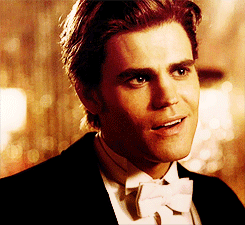
Title Image: Fair Use – this image is copyrighted, but used here under Fair Use guidelines.
Owner/Creator: Paramount Global (was ViacomCBS and/or Paramount Pictures and/or CBS Broadcasting, Inc.)

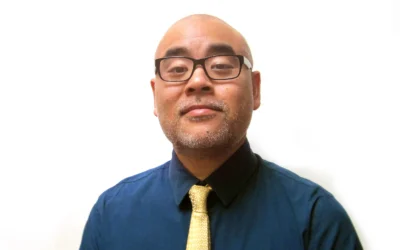


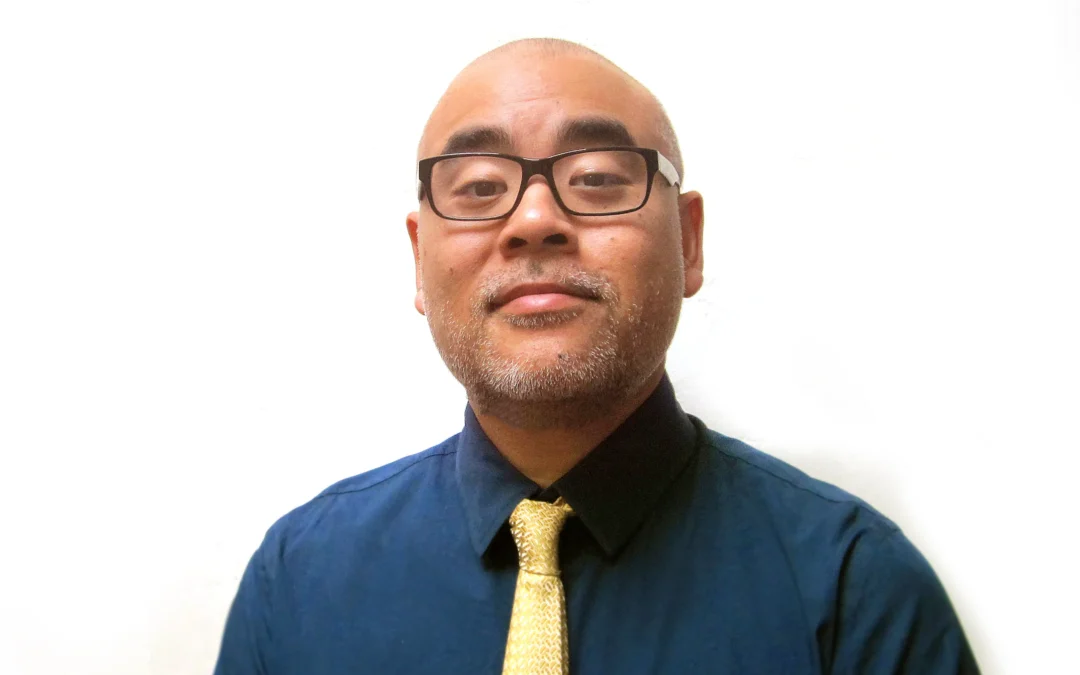

0 Comments